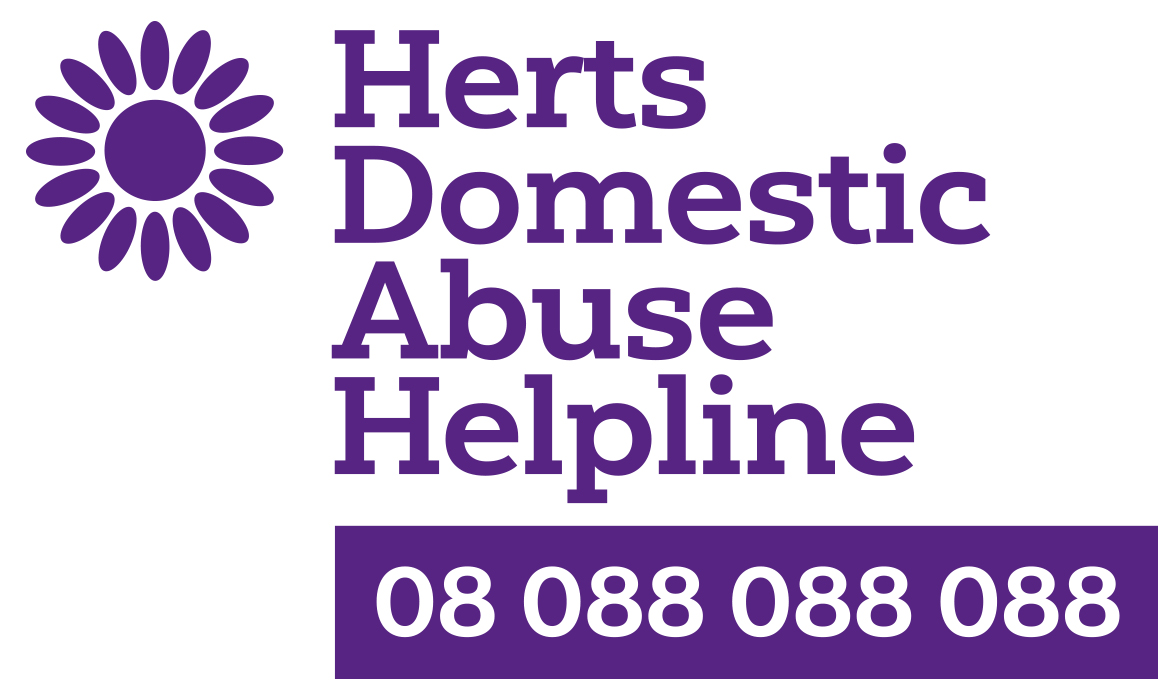Stalking can start subtly — a few messages, a constant presence, attention that feels “just a bit too much.” But over time, what may seem like persistence can evolve into something dangerous: a pattern of power, control, and fear.
As new legislation is being proposed to strengthen how stalking is handled in the UK, now is the time to better understand how stalking affects victims and how we can all respond better.
What Is Stalking?
Stalking is more than being followed. It includes repeated, unwanted contact or behaviour that causes someone to feel scared, anxious, or threatened. This can include:
Constant messaging, emails, or phone calls
Showing up unexpectedly (home, work, school)
Monitoring someone’s online activity
Using technology (AirTags, location tracking, spyware)
Threats, blackmail, or spreading rumours
Contacting friends, family, or employers to get to the victim
Even when no physical violence occurs, stalking can have a devastating emotional and psychological impact.
Annual Overview: Domestic Abuse-Related Stalking & Harassment in Hertfordshire
In the year ending 31 March, 995 stalking and harassment cases linked to domestic abuse were reported to Hertfordshire Police — a 47.2% increase compared to the previous year. While this sharp rise may reflect better awareness, reporting, or recording practices, it also highlights the widespread and ongoing nature of these behaviours.
However, despite the rise in reports, the number of cases with a formal outcome (such as charge or intervention) fell by 9.4%, dropping from 119 to just 108 outcomes. This discrepancy suggests that while more victims are coming forward, many are still not seeing justice or protection.
Why Law Reform Matters
On June 6, 2025, the government announced a new way of measuring domestic abuse, sexual assault, and stalking together in England and Wales. This combined approach gives a fuller picture of how many people are affected and the different types of harm they experience. It will help services like ours better understand the scale of abuse, improve support, and plan more effective prevention. The full data will be released on 24 July 2025 and will be key to shaping future policies and support for survivors.
This proposed tougher response to stalking, includes:
Earlier intervention powers (to stop stalking before it escalates)
Stronger enforcement of Stalking Protection Orders (SPOs)
Better data sharing between police forces
Inclusion of digital/online stalking as evidence of controlling behaviour
These changes aim to close the gaps that allow stalking to go unpunished — and victims to go unsupported.
Real Lives, Real Impact
One local survivor shared anonymously:
“He never laid a hand on me — but I lived in fear every day. I changed my number three times, deleted my social media, and still he found ways to get to me. When I reported it, I was told it wasn’t enough ‘proof.’ I was made to feel like I was overreacting.”
Sadly, this experience is not unique. Only 1 in 5 stalking victims report it — and many are dismissed or disbelieved. Legislative reform gives professionals more power to act before it’s too late.
What You Can Do
Believe someone if they say they’re being stalked — don’t dismiss it.
Report stalking behaviours early – even if you’re unsure it “counts.”
Support campaigns and petitions pushing for legal change.
Fund services like our helpline that support those in crisis.
If you or someone you know is being stalked, call the Herts Domestic Abuse Helpline. We’re here to listen, believe you, and help you take the next step.
Further Reading & Support
o Paladin National Stalking Advocacy Service - https://paladinservice.co.uk/
o Suzy Lamplugh Trust – National Stalking Helpline - https://www.suzylamplugh.org/pages/category/national-stalking-helpline
o Hertfordshire Constabulary – Stalking and Harassment Advice - https://www.herts.police.uk/ro/report/stalking-harassment-beta/v1/report-stalking-harassment/
o Clare’s Law (Domestic Violence Disclosure Scheme) – How to apply https://www.herts.police.uk/search?q=claires+law

